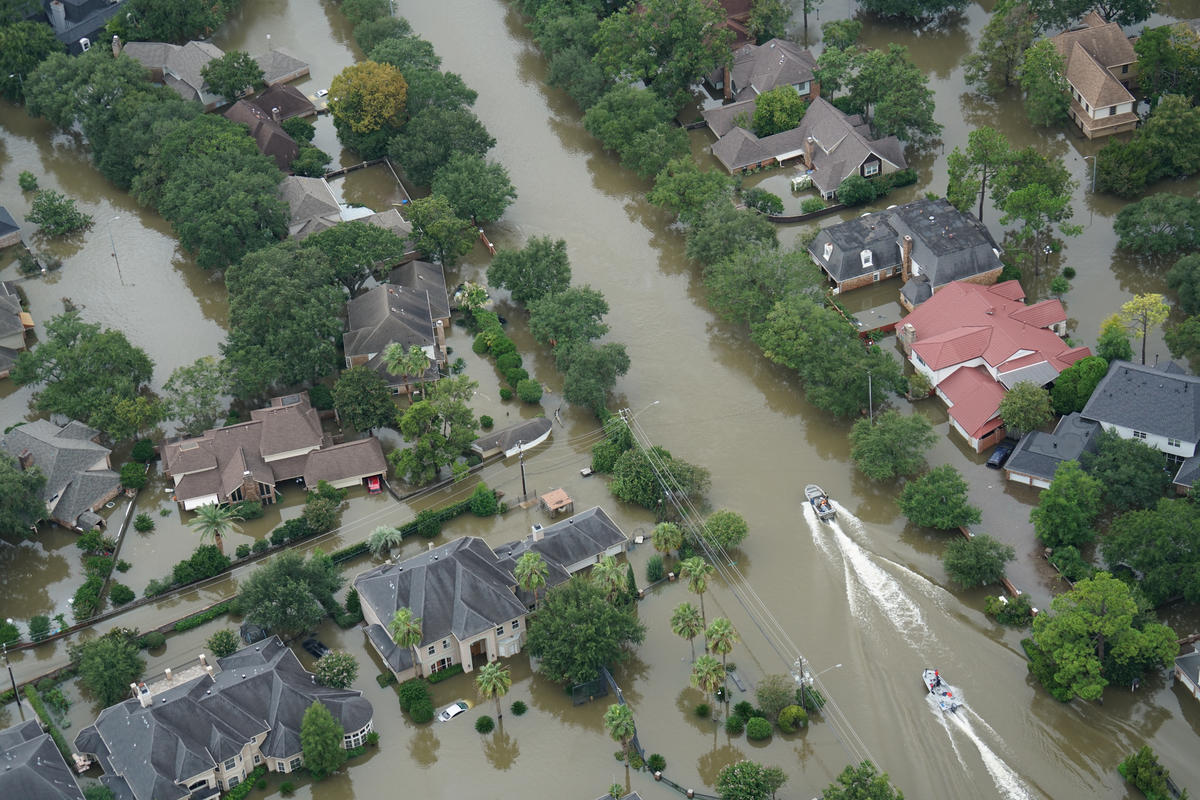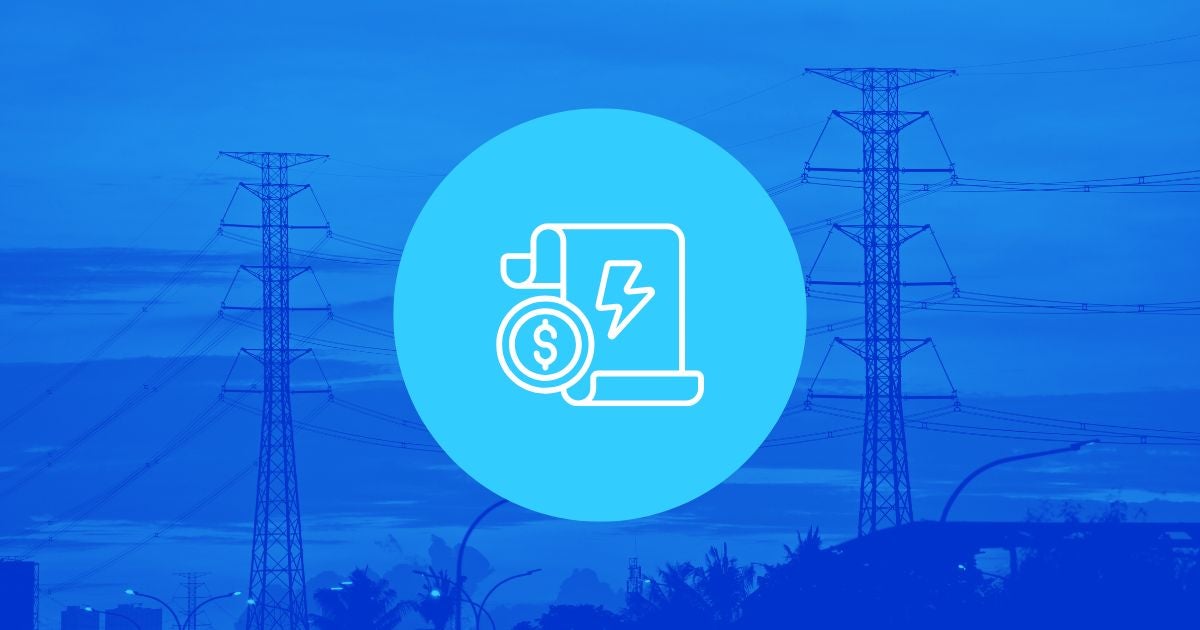EDF Economist Misquoted in Today’s Washington Post
 This post is by Nat Keohane, Ph.D., director of economic policy and analysis at Environmental Defense Fund.
This post is by Nat Keohane, Ph.D., director of economic policy and analysis at Environmental Defense Fund.
When our media team opened up this morning’s Washington Post, they were delighted to see that Environmental Defense Fund was featured in an article about high energy prices and the connection to climate policy. Delighted, that is, until they read the article – which badly misrepresents our views.
Discussing the potential for perverse incentives from high gas prices in the absence of a cap on carbon, the reporter wrote:
The way to fix that would be a carbon tax or some other mechanism that would reflect the environmental cost of greenhouse gas emissions, Keohane said.
Those of you familiar with climate policy might have just spit out your coffee. EDF calling for a carbon tax? What gives?
In fact, I said nothing of the sort.
EDF still strongly advocates a cap-and-trade system for carbon dioxide and other greenhouse gases, and thinks a carbon tax is the wrong approach.
After we calmed down a bit, we realized this was a good opportunity to explain why we so strongly advocate cap-and-trade in the first place. After all, in the pages of an environmental economics textbook (and I’ve written one myself), a carbon tax and a cap-and-trade system look pretty similar. Both put a price on carbon, which give incentives to firms and individuals to reduce their carbon dioxide emissions. Climate crisis solved either way, right?
Wrong. There is a key difference between a tax and a cap-and-trade system that matters greatly for reasons of policy as well as politics: A tax controls the price of pollution. A cap controls the quantity of pollution.
From the perspective of the planet, this distinction makes all the difference. To prevent dangerous consequences from global warming, we must cut emissions sharply – in the U.S., some 80 percent below current levels by midcentury. That only can be accomplished with a hard and declining cap on emissions. Simply raising the price through a tax isn’t enough because we don’t know what price will give the necessary result.
Moreover, given the politics of taxes (everyone loves taxes, right?) it is hard to imagine that the tax would be set with the planet’s health in mind. The political pressures to push the tax down toward zero – not only the first time around, but every year thereafter – would be enormous. Gas tax holiday, anyone? This would doom any chances of solving the climate crisis with a tax.
In contrast, setting a cap is simple. Congress, not the market, would determine emissions, while the market, not Congress, would determine the price. That seems like the right division of labor to me. It puts the objectives of policy in the hands of our government, and lets the market figure out the cheapest and fastest way to achieve it.
The only way to ensure that we cut greenhouse gas emissions sharply enough to stop global warming is with a cap.













One Comment
Cap and trade.
Environmental Economic Pap.
First, thanks for re-opening the carbon tax versus Cap-and-Trade door again.
It has been forgotten, while greatly misunderstood.
As the Post article indicates.
“How about a free-market solution to climate change”?
So said the EDFers a LONG time ago.
They and other environmentalists have been trying to shoehorn sound environmental policy into the free market ever since.
You and many others may believe that a CAP is a limiting factor on carbon emissions. More so, that is, than a carbon tax. You put in a CAP, and let the free market do the rest.
I do not.
A CAP is a legal mandate with a loophole.
CAP, or pay.
A CAP has no mechanism to force a reduction in the amount of carbon emissions.
Neither does it have a plan for doing so.
That cap-or-pay loophole will rather quickly, in my opinion, be TOTALLY CONTROLLED by the international financial markets – a disfunctional and disorderly array these days.
So, either way, we end up with a financial imperative to achieve our carbon balance goals.
One with a straight-forward, publicly-controllable carbon tax. The American people fixing the American problem.
The other with a convoluted, profit market-driven mechanism, played out with carbon futures, derivatives and hedge-funds. An obviously international financial market game, over which the American people can exert absolutely no control once a carbon emission allowance has reached the free-market.
I have read the CBO study and I agree completely with its findings that a carbon tax is superior to any cap-and-trade program out there.
I read your criticism of the study, and I found it so empty that I had to call the CBO to inquire whether it was my ignorance that caused me to not see any substance to your commentary.
I asked why they didn’t reply to your commentary.
The reply was that if anyone understood the CBO study they would conclude, as I did, that there was NOTHING there to reply to.
Cap and trade.
Environmental Economic Pap.
Carbon Tax Now.